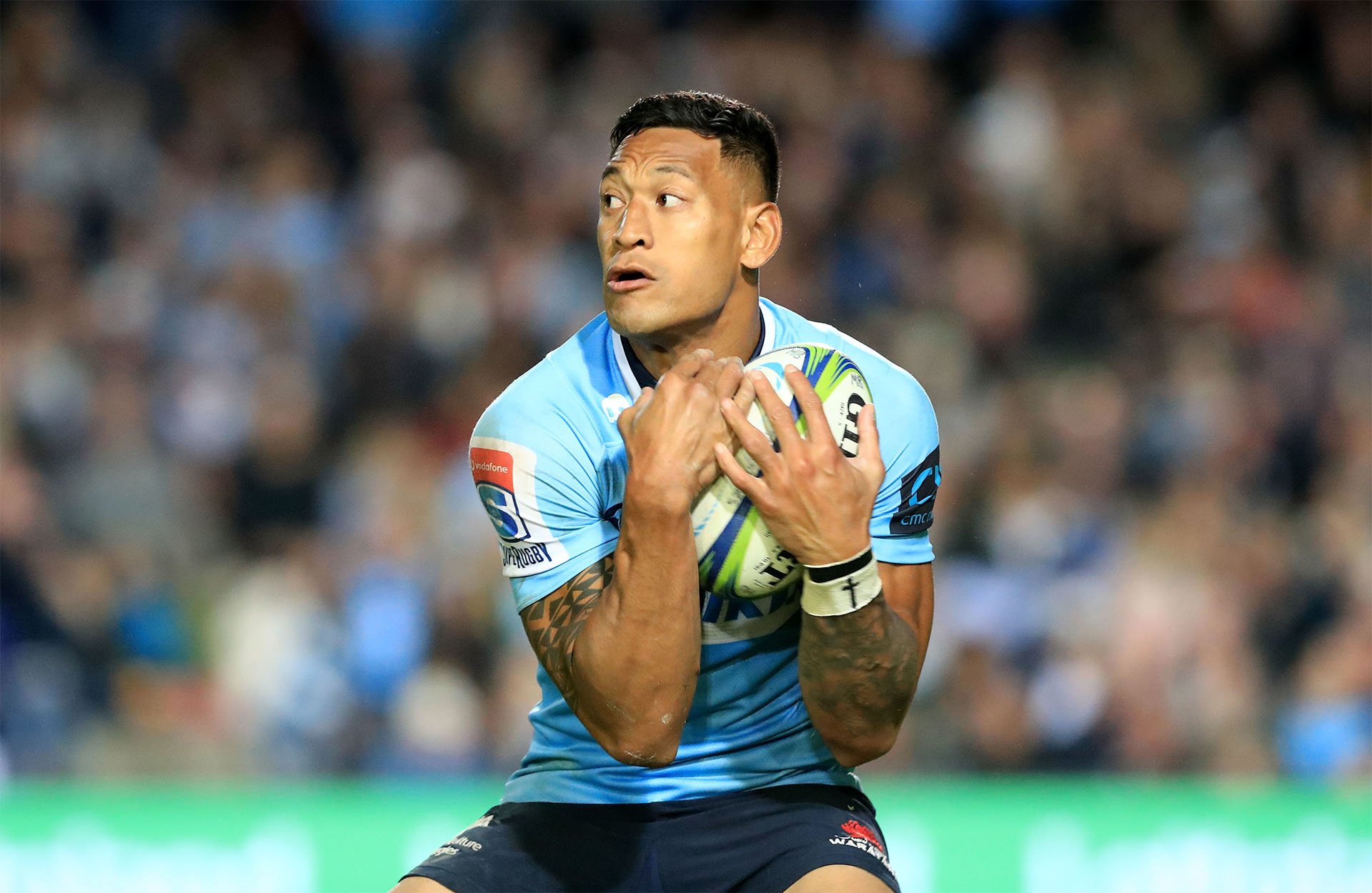The Waratahs – and Australian rugby – are running out of chances.
With two fixtures left against New Zealand opposition, the Waratahs look like the only team with a real shot at ending the infamous losing streak that has soured Super Rugby for nearly two years.
New Zealand and Australian sides have done battle 40 times since the Waratahs beat the table-topping Chiefs back in 2016. And an incredible 40 times the New Zealand side has emerged victorious. An almost unfathomable number that takes a couple of glances to believe.
After coming painstakingly close against the Blues and Crusaders over the last two weeks, the Waratahs have shown that an Australian victory is closer to a ‘when’ as opposed to an ‘if’, and with matches against the Highlanders and Chiefs over the next two weeks, they’ll have two more attempts at getting over the hump in 2018.
If the Waratahs fail to notch a win in either game, Australian fans – whatever remains of them – will likely have to wait until 2019 before their teams get another crack. Here are three reasons why – for the sake of Australian rugby – the streak will meet its end this weekend when the Waratahs take on the Highlanders.
Conditions
I’m not one for superstitions, but the conditions are almost parallel to the last victory an Australian side had over a New Zealand team. Round 14. Allianz Stadium. 7.45pm kick-off. The Waratahs sit atop the Australian conference, the same position they held at this point in 2016. Even a stopped clock is right twice a day, and the clock could very well strike for the first time in two years.
Another – slightly more plausible – factor is the venue. The Highlanders have had trouble away from home this season, notching just two road wins from five attempts after beating the Blues at Eden Park and stealing victory against the Bulls with a last-minute penalty in Pretoria. Sydney is sure to provide a challenge for the visitors, as the Waratahs have won three of their four games at Allianz this season.
Form
A reason for the Highlanders’ recent away struggles has been their defence. They are conceding more tries than usual of late, letting in 14 over their last three games, which amounts to 4.6 per game, 1.4 more tries per game than their season average.
Conversely, the Waratahs have been scoring against New Zealand teams at an impressive rate, crossing for at least four tries in five of their last six games against New Zealand opposition. The Waratahs are also one of the highest scoring teams in the competition, putting up almost 30 points per contest.
The Back Three
The main source of that strike power has been the back three, led by Wallabies fullback Israel Folau, who has scored five tries in his last five home games against New Zealand opposition. The back three battle is going to be what decides this game.
Tactically, the Waratahs will be able to get the most out of Folau and play to their strengths against Aaron Mauger’s side, who kick from hand more than anyone in the competition. The Waratahs were able to get out to an astounding 29-0 lead against the Crusaders on the back of some inspired aerial play from Folau – arguably the world’s best under the high ball – and will look to do the same again on Saturday.
The Highlanders gameplan tends to revolve around kicking for territory, relying on tough defence – the Highlanders make more tackles than anyone at almost 154 per game – and waiting for their own chances to counter-attack, but with Folau at the back, a speed merchant like Cameron Clark and a big Fijian like Taqele Naiyaravoro out wide, kicking down to the back three might not be the best idea. All three picked up tries last weekend, combining for 209 run metres and made two line breaks each.
Having your own world-class bomb squad led by All Blacks Ben Smith and Waisake Naholo hasn’t been enough to stop opposition back three players that thrive in open play. The Highlanders were exposed against the Sharks two weeks ago, where the back three played a huge role. Both Sharks wingers – Makazole Mapimpi and Sbu Nkosi – picked up tries, while 20-year-old fullback Curwin Bosch put the exclamation point on the game with a 50-metre counter attacking scamper to put Robert du Preez away for his side’s fifth try in a convincing 38-12 victory. In road losses to the Chiefs and Hurricanes, the back three again featured heavily scoring a combined four tries, including two to Ben Lam.
If Folau and company can outmuscle the Highlanders back three and get their opposition on the back foot early, as they did last week, they should be well placed to follow the blueprint laid out by the Sharks, Chiefs and Hurricanes and finally break the streak that has plagued Australian rugby for almost two years. They have proven their ability to get up against anyone, and after last weekend’s heartbreak, you can bet that they will be motivated to finally hold on this weekend.
In other news:






























